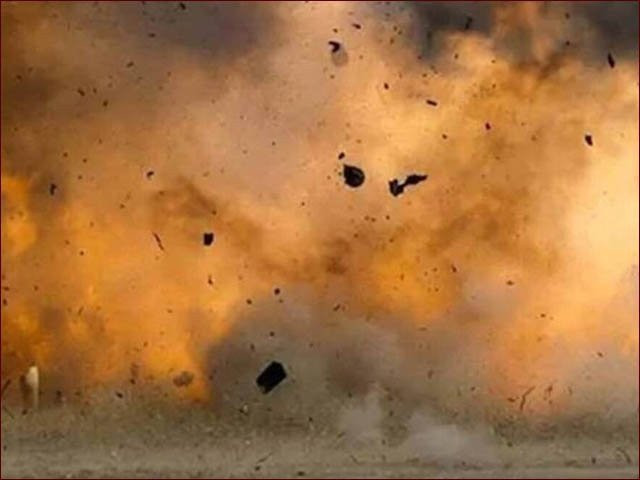The owner of the industrial park where the nickel smelter furnace is located on Sulawesi island, Indonesia Tsingshan Stainless Steel (ITSS), confirmed on Sunday that thirteen people were killed and thirty-eight were injured in an explosion at the smelter.

Eight Indonesians and five Chinese were killed in a blast that happened at 5:30 a.m. on Sunday (2130 GMT on Saturday) as workers were repairing the furnace and installing plates, according to a statement from Indonesia Morowali Industrial Park (IMIP). According to the report, the fire was put out about 9:10 a.m. local time.
Initial studies indicate that the presence of an explosion-inducing substance near the furnace’s base may have been the cause of the explosion. “An explosion occurred during the repair process,” an IMIP representative said.
The number of oxygen cylinders utilised for welding and cutting furnace components during the repair caused multiple explosions, according to the spokeswoman. The first explosion set off the chain reaction.
Tsingshan, a Chinese steel and stainless steel manufacturer, and Bintang Delapan Group, a local partner, hold IMIP, an industrial park that focuses on nickel. The industrial park is home to several tenants, including ITSS, according to IMIP.
According to the company, IMIP will examine the situation and pay for the victims’ medical bills in full.
Since the government of resource-rich Indonesia banned exports of unprocessed ore in 2020, a massive influx of global investment totaling billions of dollars has made nickel an increasingly vital commodity for the country.
The largest economy in Southeast Asia is actively courting electric vehicle and battery manufacturers for large-scale investments in downstream nickel sectors.
But there have been a number of tragic incidents involving nickel processing in Indonesia in the past few years. While President Joko Widodo is enthusiastic about the sector’s potential for growth, he has also promised to increase oversight of environmental regulations and has pushed for better safety measures.
(The original version of this item incorrectly stated seven Indonesian workers and six Chinese workers killed; the revised version states that eight Indonesian workers and five Chinese workers died.)










































